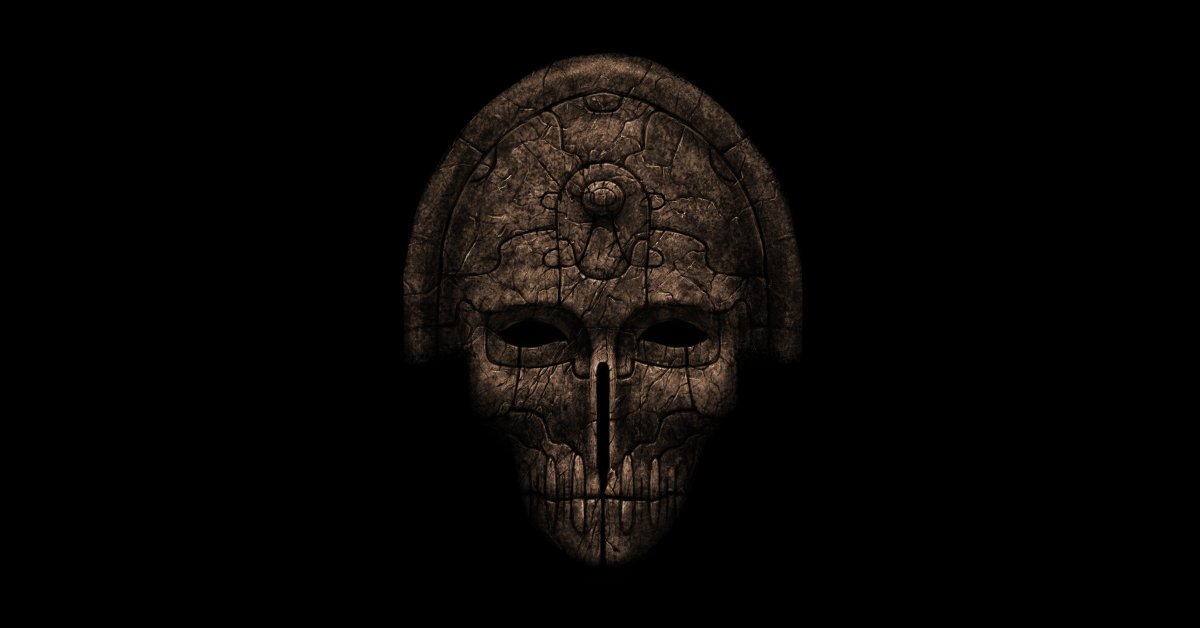
After three centuries, his quest has ended.
The object he requires stands before him now, sparkling beneath a glass case atop a plain wooden stand that belies its incredible power. He glances about before returning his eyes to the display. He knows there are cameras recording every angle of the room—the world has advanced considerably over the course of his unnaturally long life—and though he’s sure the glamour he learned during his exile is still working, he’s paranoid. Things can’t go wrong now, not when he’s inches away from the thing that will fundamentally shift the balance of power in the world forever.
When the white men butchered his people, including, eventually, his wife and children; when they planted their flags in the blood-soaked fields and claimed their land in the name of a foreign crown and an equally foreign god; when they obliterated all traces of his once proud and affluent culture, leaving his homeland in ruins; he thought his life was over. But there was one thing that kept him going, one thing that kept the withered heart in his desiccated chest beating long after it should have stopped along with those of his people.
The mask.
The priests, having foretold their own destruction more than a thousand years before the invaders came, saw fit to pass it down from one generation to the next, not under heavy guard or behind the locked doors of a fortified structure, but through a secret succession of descendants that even he, as their king, was not allowed to know.
The priests, in their wisdom, had understood a vital truth: that the greatest security sometimes lies in obscurity. A guard or a temple would have advertised the mask’s importance and would have surely fallen. But a simple family heirloom? No matter how zealously or how violently the invaders sought to stamp out their heathen practices, there was no way for them to reach everyone—no way for them to know that somewhere, in a simple fisherman’s village, in a quiet bamboo beach house, the future restoration of their people abided in peace.
Unfortunately, the priests were slain, and with them their secret.
He searched long and hard, trudged through creeping rainforests and windswept mountains. But he never found it, and the history of his people soon faded and was lost.
Then a miracle: a report in the Los Angeles Times. An archaeological exhibit had come to the Getty Museum, and among the artifacts on display was a peculiar wooden mask.
The mask.
Now, he hesitates with arms outstretched. He knows the instant he lifts the glass, an alarm will ring. But, of course, once he puts on the mask, that won’t matter. Once he puts on the mask—once he dons the vengeful spirits of his people like a shield—nothing will be able to stop him.
He removes the glass.
An alarm bell rings.
When he places the mask over his face, a dark energy swirls before his eyes like motes of electrified dust.
The guards arrive a minute later, and he turns to greet them, face twisted in a rictus of supernatural ecstasy. Let them come, he thinks. Let them bear witness to his revenge.
Enter your email address and click "Submit" to subscribe and receive The Sign.